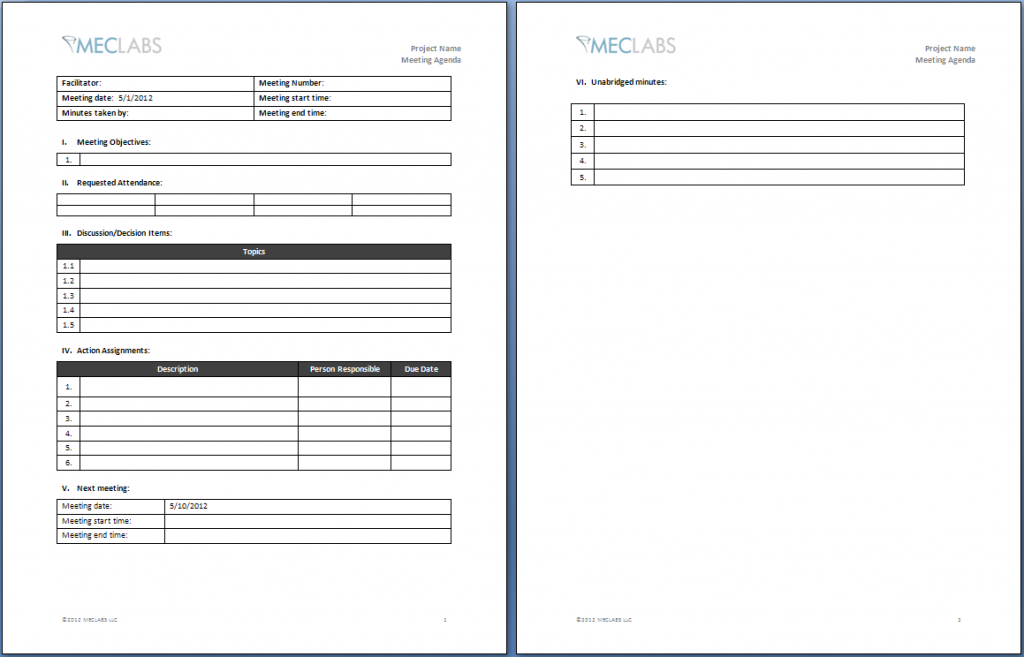Last week’s marketing career post explored how marketers should implement Steven Covey’s first habit, “Be Proactive,” into their job hunt. Scott Howard, Executive Director of Operations, MECLABS, helped to draw out applicable and helpful tips from the bestselling book. This week, we’ll hear from him again on the next two habits: “Begin with the End in Mind” and “Put First Things First.”
Habit 2: Begin with the End in Mind
I find this to be one of the most important habits for job hunters. Why? Because it is the foundation on which all following habits build. Without an end vision, you won’t know how to best direct all the energy you put into the other habits.
So how do you create this vision? Covey instructs you to create an image, picture or paradigm of the end of your life just as you want it to be. In a job seeker’s case, picture the job you want to have not just now, but also the one you want in the future. Using this reference, you will then determine your behavior and actions now and in the future. It also works on the principle that all things are created twice, once being mental, followed by the physical. Beginning with an end in mind focuses on the mental construction. (The physical will start to take shape in the next habit, “Put First Things First.”)
Scott says, “You need a destination. You can’t know how to get somewhere without first knowing where you want to go.”
Envision your ideal career path. Where do you want to be in five, 10, 20 years? Know the general direction you want to go, and focus your job search on positions that support this vision. In essence, you will create your own personal mission statement.
As a job seeker, I know how tempting it can be to apply to anything and everything. Having a job is better than not having one, right? Well, not necessarily. A résumé riddled with short employments or unrelated job positions does not look good to potential employers. Don’t continually apply to jobs you know you will leave in six months, or that have nothing to do with your end vision.
In The New York Times’ blog, Room for Debate, Katherine S. Newman, professor of sociology and public affairs at Princeton University, explains it further, “…if [your] biography doesn’t match [your] aspirations, it can be a tough sell when newer, less ‘scarred’ job seekers flood the pool from which the boss is choosing.” In other words, taking that unrelated job could hurt your chances of following your ideal career path.
This habit helps to narrows down your job search. Focus on what you what to be and do, then determine the steps, values and principles that will get you there.
Try writing this statement for yourself, and fill in the blanks to it is applicable to you …
“I want to be a (digital marketer, B2B marketer, community manager, etc) so that I can (list your contributions and achievement here). To get to that destination, I will (take an internship, apply for specific job descriptions, further my training or education, build my network, etc).”
Key Takeaway:
- Envision your idea career path. Once you determine your career destination, hone your job search to focus on this ideal direction. If you’re not quite sure where you want your career to go, try reading through MarketingSherpa case studies to get a deeper understanding of certain roles and organizations.
Read more…












